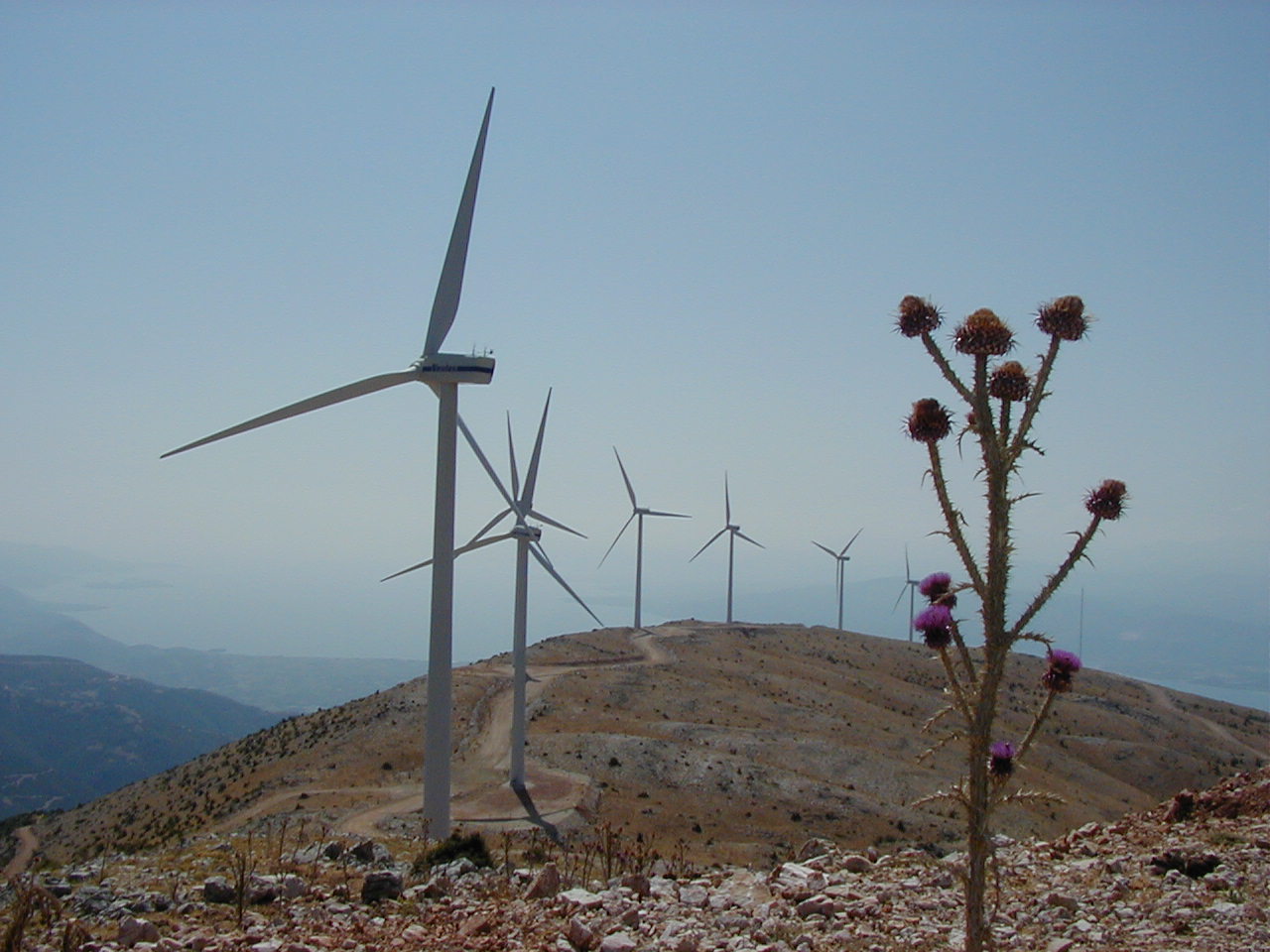Energy Economics

Course ID:
Semester: 5th
Year of Study:
Category: Economics Elective
For Erasmus Students: Ναι
Learning Outcomes
By the end of this course the student will be able to:
1) Knowledge
- Understand the basic concepts and theoretical approaches related to Energy Economics.
- Be aware of the problem-solving methodology, the mechanisms that govern the basic concepts and the policy measures needed to address failures of this market.
2) Skills
- Distinguish the different cases of mathematical problems and to explain their use in relation to the mathematical problem posed.
- Explain specific phenomena that occur in the field of Energy Economics and examine the reasons behind them.
3) Capabilities
- Combine theory with economic problems that fall within the course and successfully proceed with their modeling (e.g. pricing in the energy market).
- Rebuild the economic problem (e.g. Maximize a business’s profit) and explain the solution taking into account the parameters of the specific area of energy economics.
- Be able to use the literature review on relevant topics.
- Be able to compose specific information from databases or the literature to produce own results or explain phenomena.
- Be able to evaluate, compare and support the economic dimension (interprets) the solution in the new context given.
Course Contents
- Basic concepts and definitions related to Energy Economics.
- Demand and supply. Indicating their determinants, changes in supply or demand and different market structures (full competition, monopoly, etc.)
- Energy markets (failures and equilibria)
- Pricing in the Energy Market (energy pricing models and examples)
- Economics of Renewable Energy Sources
- Energy Efficiency (Energy Conservation and Efficiency, Models of Efficiency and Productivity)
- Research and Development and Innovation in Energy Markets (Present state of energy security and energy dependency, the role of climate change and the importance of R & D and innovation in the sector)
- Economics of Climate Change (current situation, mitigation and mitigation measures, and policies)
- Climate Change Policies (Kyoto Protocol and Copenhagen Accord – short presentation
Teaching Activities
Lectures (3 hours per week) and Tutorials (1 hour per week)
Supplementary learning based on the material in the open course entitled “Energy Economics”: https://eclass.upatras.gr/courses/ECON1321/
Teaching Organization
|
Activity |
Semester workload |
| Lectures (3 hours per week x 13 weeks) |
(3X13) 39 hours |
| Tutorials (1 hour per week x 13 weeks) |
(1X13) 13 hours |
| Hours for private study |
98 hours |
| Total number of hours for the Course (25 hours of work-load per ECTS credit) |
150 hours (total student work-load) |
Assessment
a) Written examination at the end of the semester (70%) – final grade.
b) Assignments with a 30% weight factor to the total grade.
Use of ICT
Use of Information and Communication Technologies (ICTs) (e.g. PowerPoint) in teaching. The lectures for each chapter are uploaded on the e-class platform , in the form of ppt files, which the enrolled students can freely download.


